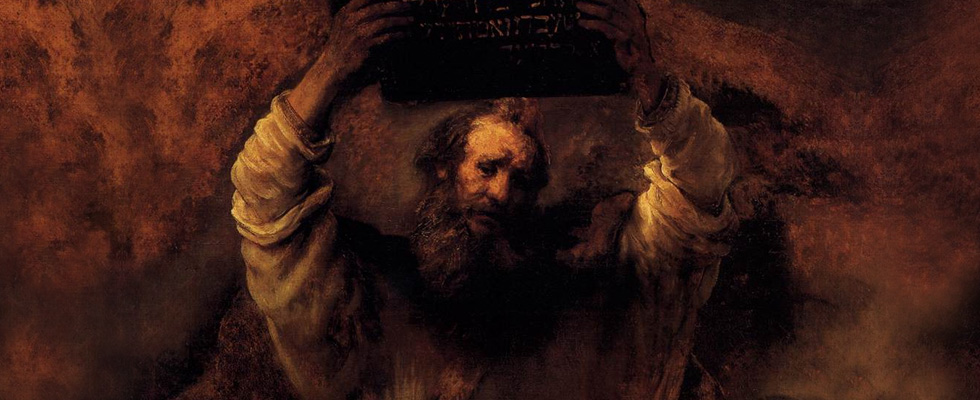How do we understand the story of creation told in Genesis 1:1-2:3? Interpreters have basically fallen into one of two camps. Either the six days of creation represent six literal 24 hour days, or each “day” refers only to an age, an epoch, an unspecified period of time. So, which interpretation should we prefer?
When it comes to interpreting the Bible, the best place to look is the Bible. And likewise, when it comes to understanding a particular author, the best place to look is that same author. So, what did Moses mean by the mention of “day” in Genesis 1 and 2? We only need to turn to Moses’ next book for a clue.
Many assume the Sabbath didn’t exist prior to the issuing of the Ten Commandments in Exodus 20. Not only would Exodus 16:23-29 suggest otherwise, but we wouldn’t be able to make sense of the call to “remember the Sabbath” in the fourth commandment. Remembering involves a present reflection on a past event. So, what past event were the Israelites called to remember? God wanted the Israelites to recall the origin and basis of the Sabbath, namely, the seventh day of creation.
“Remember the Sabbath day, to keep it holy. 9 Six days you shall labor, and do all your work, 10 but the seventh day is a Sabbath to the LORD your God… 11 For in six days the LORD made heaven and earth, the sea, and all that is in them, and rested on the seventh day. Therefore the LORD blessed the Sabbath day and made it holy.” (Exodus 20:8-11)
Moses grounds Sabbath keeping in the creation week, and one day in particular. We’re told in Genesis 2:3 that God “blessed the seventh day and made it holy.” The object of God’s blessing in this instance is “the seventh day.” The verse continues by explaining the reason behind God’s blessing of that specific day, “because on [that day] God rested from all his work that he had done in creation.”
According to the Ten Commandments, the Israelites were instructed to observe the seventh day of rest, not only because God rested on that day, but because God blessed that particular day and made it holy. This was the past event (Gen. 2:3) that they were being called to remember. Remember the Sabbath day, God says, because it is blessed and sanctified.
With that in mind, how did Moses understand Genesis 1 and 2? If the six “days” of creation were to be understood as unspecified periods of time, then on what basis does Moses suggest the last day of creation is now to be understood as the seventh, 24 hour day of the week? Are we really going to suggest that Moses meant there were six figurative days and one literal day?
What if all seven days were figurative? What if the seventh day, like the rest, was an unspecified period of time? Well then the question we need to ask is, at what point did God actually bless and sanctify the Sabbath day? The whole basis for Sabbath observation was the idea that the seventh day was actually “blessed… and made holy” (Ex. 20:11). Do we really think Moses was saying, remember to keep the Sabbath day holy, because God figuratively made it holy? Are we to believe that people were executed for violating a day that was not actually holy, but only metaphorically?
Consistency demands only one interpretation. Moses had a literal, 24 hour day in mind in Exodus 20:8-11 because he had a literal 24 hour day in mind in Genesis 1 and 2.





















